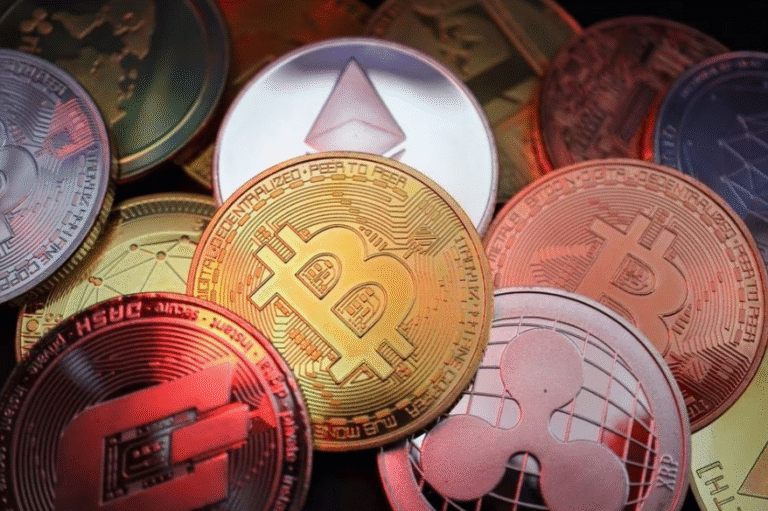The Rise of Digital Wallets: Are They the Future of Payments?
The emergence of digital wallets represents a significant evolution in payment methods. These platforms offer convenience, speed, and enhanced security, aligning with contemporary consumer needs. However, they also face hurdles such as security issues and the necessity for user education. As their popularity grows, one must consider whether digital wallets will truly dominate the financial landscape or if traditional methods will still hold their ground in the face of this digital shift.
Understanding Digital Wallets: What They Are and How They Work
Digital wallets represent a transformative shift in the way transactions are conducted in the modern economy. They encompass various digital wallet types, including mobile wallets and online payment systems, each designed to enhance user convenience.
Advantages of Using Digital Wallets
The growing adoption of digital wallets offers numerous advantages that enhance the overall payment experience for users.
These wallets provide robust security features, safeguarding sensitive financial data through encryption and biometric authentication.
Additionally, they significantly improve transaction speed, allowing users to complete payments swiftly without the hassle of cash or cards.
Such benefits promote convenience and efficiency, aligning with the desire for financial freedom.
See also: The Rise of Digital Currencies and What It Means for the Economy
Challenges and Limitations of Digital Wallets
While the benefits of digital wallets are significant, several challenges and limitations warrant consideration.
Security concerns remain paramount, as users fear potential fraud and data breaches.
Additionally, user adoption can be hindered by a lack of understanding or trust in the technology.
Overcoming these barriers is essential for the widespread acceptance of digital wallets in the evolving payment landscape.
The Future of Digital Wallets in the Financial Landscape
As consumers increasingly prioritize convenience and efficiency in their transactions, the future of digital wallets appears poised for significant growth within the financial landscape.
The integration of cryptocurrencies will broaden their appeal, allowing for seamless cross-border transactions.
Additionally, ongoing security enhancements will address consumer concerns, fostering trust and encouraging adoption.
Thus, digital wallets may redefine how individuals engage with their finances and empower economic freedom.
Conclusion
In conclusion, digital wallets are carving a compelling path in the payment panorama, promising progress and potential. Their promise of convenience, combined with a commitment to security, signals a significant shift in consumer behavior. However, as challenges persist, proactive measures in education and trust-building are paramount. Ultimately, the evolution of these electronic entities may well forge a future where financial freedom becomes the norm, reshaping the way society interacts with money in a digital domain.





